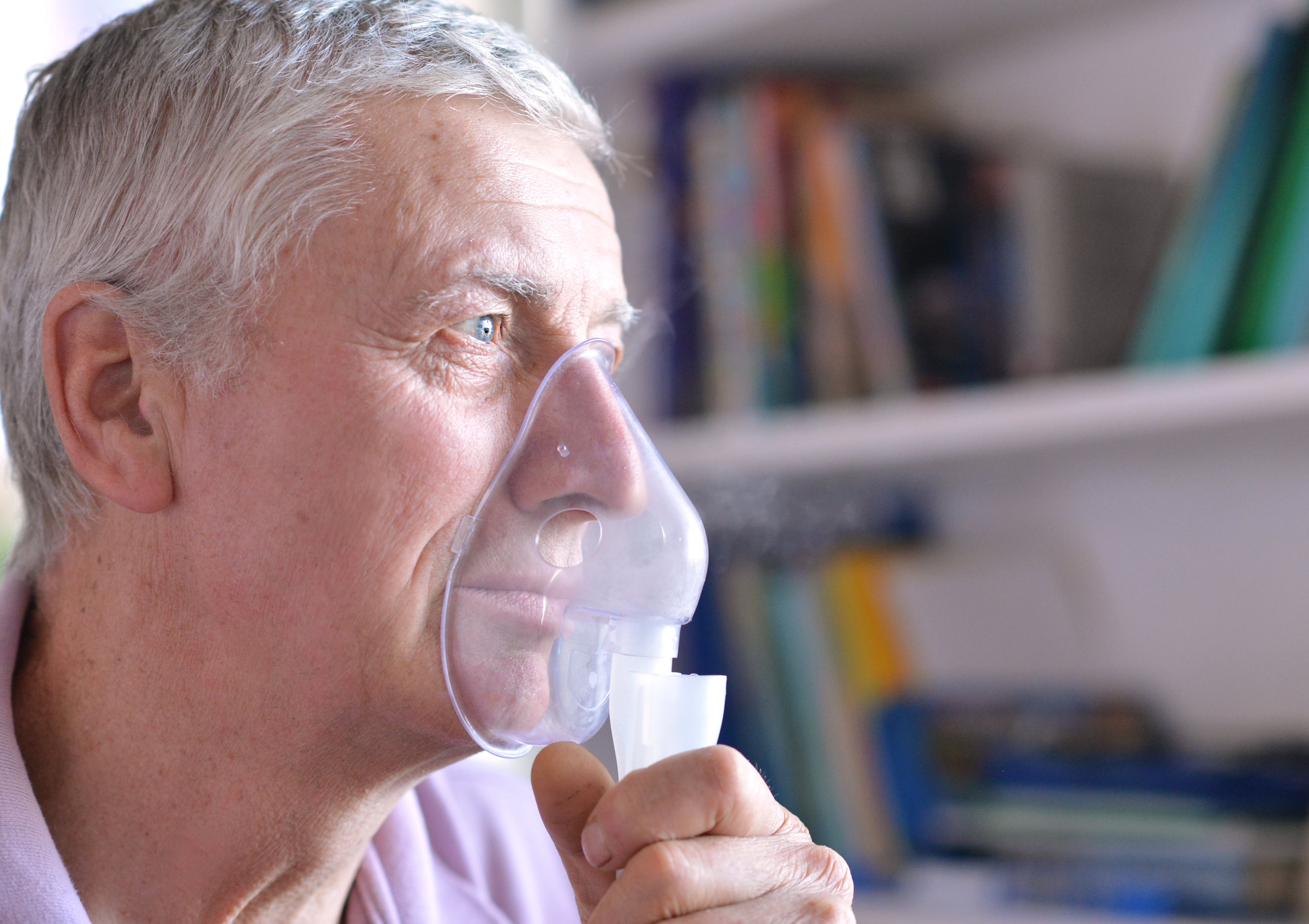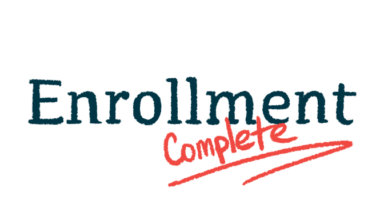Windtree Receives Third $1M Grant to Further Test Therapy for Lung Injury, Fibrosis Due to Radiation

Windtree Therapeutics announced it has received $1 million as a third payment under a Phase 2 Small Business Innovation Research (SBIR) grant, worth in total about $3 million. The award is being used to advance preclinical testing of its aerosolized KL4 surfactant to ease radiation-induced lung injury, whose long-term effects can lead to pulmonary fibrosis.
The company was also given $600,000 for KL4 development under a SBIR Phase 1 grant, according to a recent news release.
KL4 is a synthetic, peptide-containing surfactant structurally similar to the human pulmonary surfactant. Essentially, this proprietary agent has been designed to simulate the essential characteristics of the human lung surfactant, a surface-active lipoprotein complex formed by type II alveolar cells in the lungs. These complexes are essential to reducing the surface tension of fluid in the lungs and keeping alveoli (small air sacs) stable, preventing the lungs from collapsing with each expiration.
The KL4 surfactant is expected to be of benefit in a number of radiation-induced lung injuries, especially as a result of radiation therapy for the treatment of lung and other thoracic cancers.
Initial research, conducted in animal models under the SBIR funding, evaluated if the aerosolized KL4 surfactant could reduce acute and long-term lung injury related to radiation exposure. Initial data demonstrated that when administered both early and later in radiation-induced lung injury, the surfactant was able to preserve oxygenation and reduce lung inflammation.
Continuing preclinical research under this third grant will further assess the surfactant’s ability, when used early and later in radiation-induced lung injury, to lessen injury, including progression to pulmonary fibrosis.
Robert Segal, MD, lead researcher at Windtree Therapeutics, and Melpo Christofidou-Solomidou, PhD, from the University of Pennsylvania’s Perelman School of Medicine, will oversee the studies.
U.S. government agencies are interested in and support the company’s aerosolized KL4 surfactant development program, as required by two acts of Congress: the Project Bioshield Act of 2004 and the Pandemic & All-Hazards Preparedness Act of 2006. Both acts encourage private development of health countermeasures against biological, chemical, radiological, and nuclear terror agents, and against pandemic influenza, and include a mechanism for the government to acquire such countermeasures.







